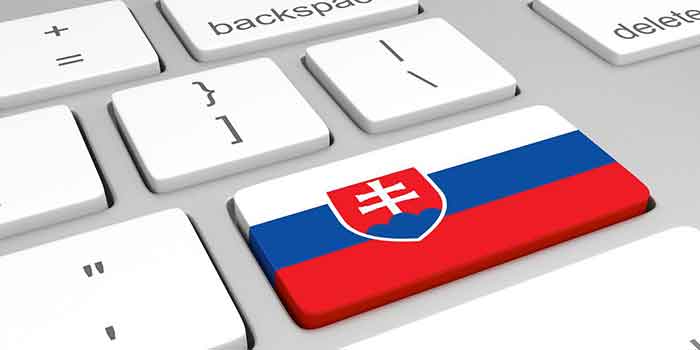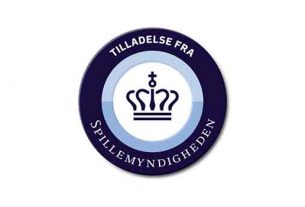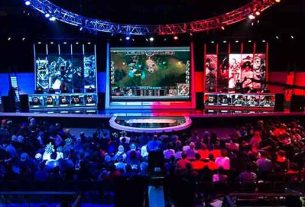In a surprise move earlier this month, Andrej Kiska, the president of Slovakia vetoed a new online gambling legislation that was drafted by the country’s Ministry of Finance and approved by the National Council late last year. This new law sought to liberalize the country’s gambling market and thus effectively open it to international gaming operator across the European Union for the first time. Fortunately, the president’s veto has not gotten very far and the online gaming liberalization is back on track.
On Tuesday, January 29, the Slovak National Council voted to override the decision by the president to veto the new Gambling Act that has been previously approved by legislators on December 4. As such, gambling in the country will follow the new rules as the new gambling rules have now been adopted into law.
Expected Changes
The new legislation basically redefines the structure and hierarchy of online gambling licenses with the Finance Ministry also reaffirming that it will also serve to increased player protections through the addition of rules for operating online gaming businesses. For instance, there will be a new minimum for the number of gambling machines allowed in one gambling house, that is, the number has increased to 15. To protect the gamblers, the measure requires that gambling in these houses be banned between 3:00 and 10:00.
The licenses that will be awarded to any operator interested in the country’s gaming market will be valid for a 10-year initial with an option for five-year extension. However, in case an operator’s domain is found to be in Slovakia’s online gaming blacklist, it will have to wait a year before they can submit their application.
Another significant change is that private domestic companies, as well as the European Union’s member countries, will be able to apply for online gambling licenses. For a very long time, Tipos, the national lottery company had a monopoly on operating these games but the new law has necessitated the establishment of a new gambling regulatory authority. The national lottery company will retain its monopoly over online lotteries, raffles, and bingo but sports betting and online casino products will now be part of the newly liberalized gaming market.
Moreover, the new gaming law also increases the power of towns, villages, and municipalities with regards to gambling activities. Case in point, the towns and villages will from here on out be allowed to ban specific types of casino games for a given number of days during the year. On the same note, the new rules also allow the municipalities to decide whether or not gambling houses within their jurisdictions can be situated close to kindergartens and schools.



